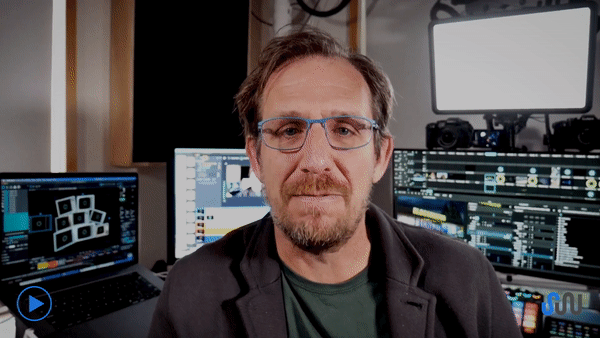
**Beware, click-bait ahead**
Research shows organisations are spending 36% less time working on strategy in 2022 than they did in 2021.
Now I cannot vouch for the validity of that statistic* even though I believe it represents a deeper truth about our approach to strategy. That truth is what I’m going to refer to as The Paradox of Planning in Uncertainty.
*For reference it comes from a research report titled ‘Anatomy of Work Global Index: Embracing the new age of agility‘ authored by Asana, a tech company focused on time and task management. We cannot be sure of Asana’s exact motivations, the validity of their research methods or, with just two data points, whether this represents a short or long-term trend
The Paradox of Planning in Uncertainty states,
“In times of high uncertainty, the need for strategic planning (or more specifically, strategic thinking) goes up, yet our appetite for strategic thinking goes down.”
Why? Because in times of heightened uncertainty and increased volatility, our plans go out of date faster. But this same uncertainty and volatility that destroys our existing plans, also makes it harder to create new ones.
Strategic thinking requires us to be able to step back and balance a range of assumptions, options and variables towards a desired outcome. But if the number of assumptions that we can rely on diminishes and the number of possible options and variables go up, then the process becomes significantly more complex and challenging.
At the same time, uncertainty and volatility takes a toll on our people. Operating for extended lengths of time in uncertainty wears us out, making it harder to find the physical, mental and emotional capacity required to step back and plan effectively.
So if you’re currently operating in an elevated state of uncertainty AND you’re struggling to find the time and energy for strategic thinking, you may very well be stuck in the Paradox of Planning in Uncertainty.
How do we overcome the paradox?
To overcome the paradox, we need to understand the fundamental conflict that sits at its heart—the conflict between certainty and uncertainty. A ‘plan’ is an attempt at imposing certainty through decisions and priorities, whereas the environment that that plan is enacted in, is unavoidably uncertain.
When the environment is relatively stable, we can get away with having a plan because the deviation between what we assumed will happen and what actually happens might be quite small, but when things are uncertain, this deviation grows and it becomes impossible to pretend that everything is ‘going to plan’.
To overcome the paradox, we need to shift from strategic planning to strategic thinking. And we need approaches to strategic thinking that embrace uncertainty rather than trying to wish it away. Scenario planning is such an approach. Rather than try and predict the future and be guaranteed to get it wrong, scenario planning helps us envision different ways the future might play out, so we can be prepared for whatever comes next. In effect, scenarios help us plan for uncertainty.
The other benefit of strategic thinking approaches, such as scenarios, tend to be far more engaging and energising than traditional strategic planning. Whereas planning is focused on the steps and the detail, scenarios encourage us to think big and explore possibilities.






